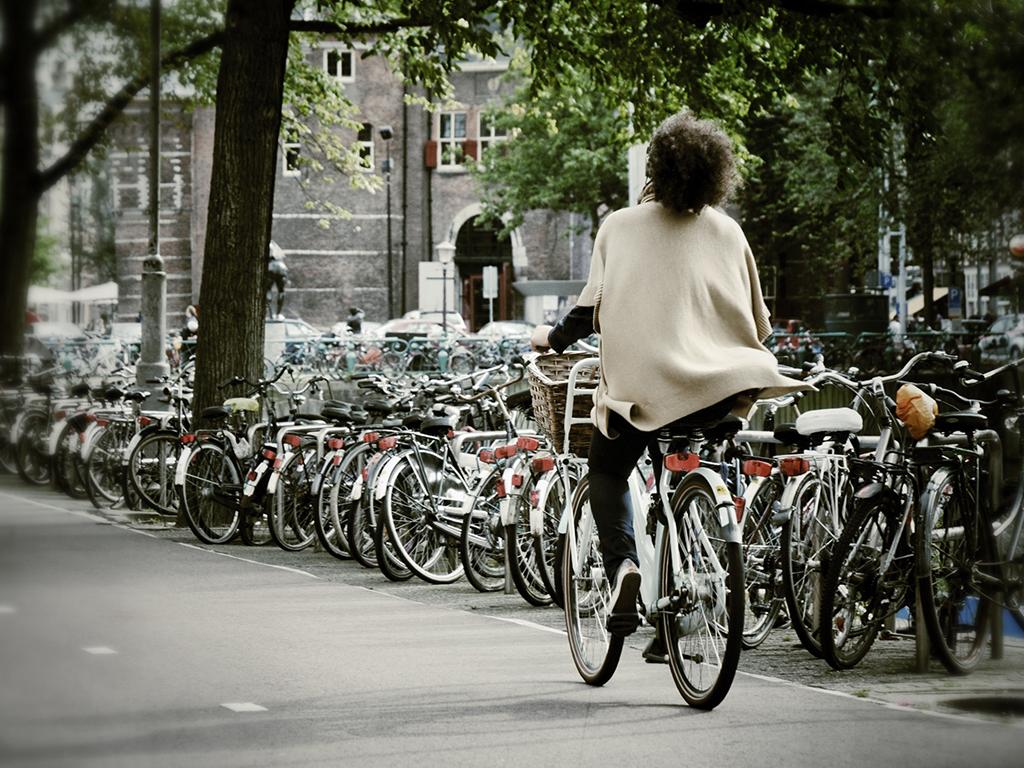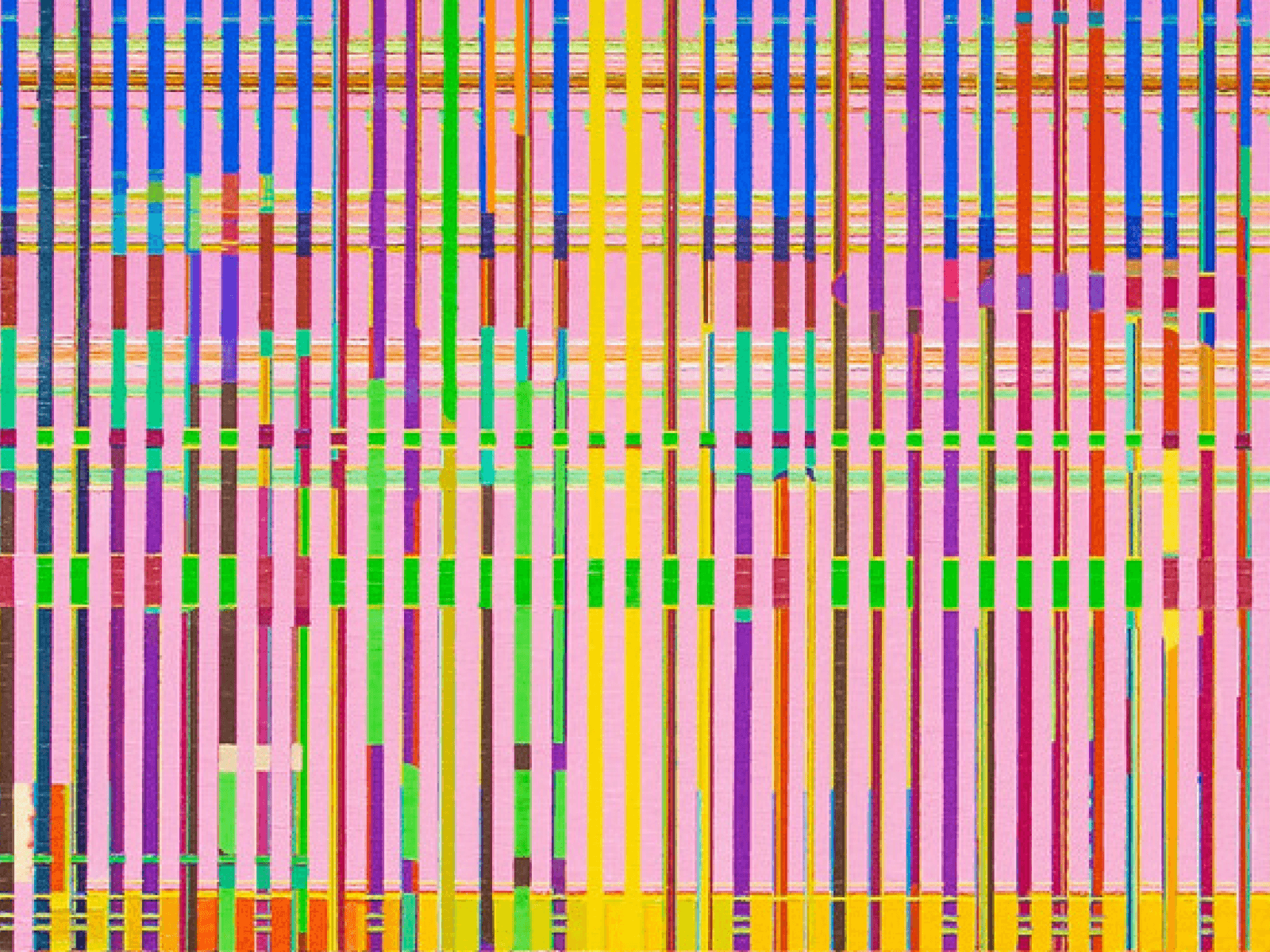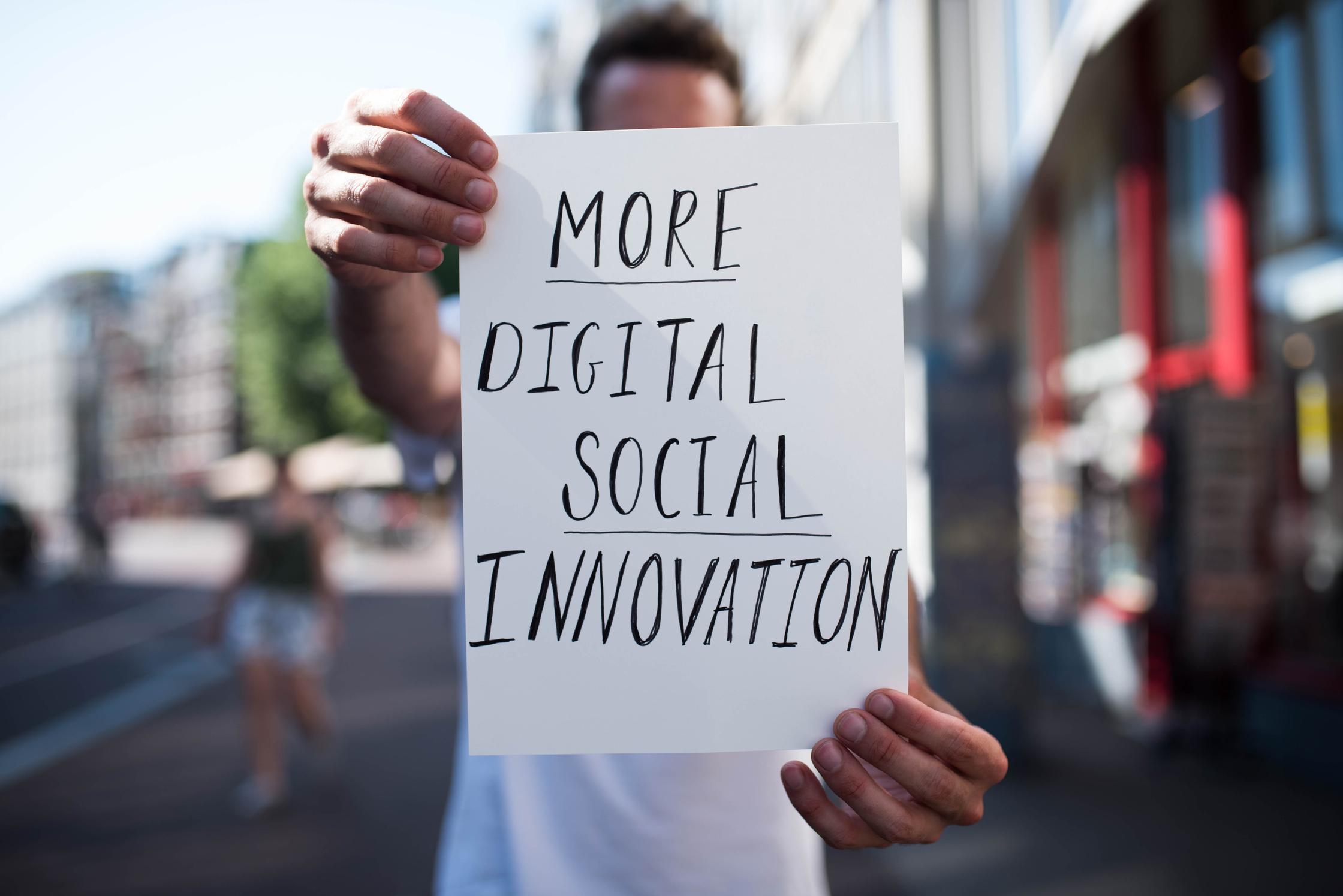Was it the 'fake news' epidemic that blew over the Atlantic in 2016? The steady rise of platform powers such as AirBnB and Uber? Or did the shocking news about Facebook and Cambridge Analytica tilt the debate? We can’t be sure — but Amsterdam’s radically different tone of voice demonstrated by the newly elected city council on the issue of technology is crystal clear. Amsterdam now demands a digital economy that is social, privacy-assuring, and supports urban commons.
In March, Dutch citizens elected new municipal councils across the country. In Amsterdam, a progressive council was chosen, with the green party GroenLinks in lead of the negotiations. After two months of talking, dealing and moulding, a leftist four-party coalition presented their vision and programme for the city.
Waag’s founder Marleen Stikker’s smile widens when she scans the document for her cherished topics — digital development and civic agency. The city really starts recognising the value of 'city makers', she concludes. The tech-driven 'smart city', on the other hand, is regarded with increasing suspicion. Why should large corporations like Cisco and Google be allowed to turn Amsterdam’s data in to a money machine without even lending an ear to the preferences and concerns of its citizens? The green coalition has decided to take a left turn and at a level of detail and conviction that is striking.
What is in the new programme?
Let’s take a look at the programme, 'New Spring and a New Sound'. Nesta’s Katja Bego promptly took to translating the paragraphs of interest, collated in this tweet. For this blog, I centre on the points relevant for digital social innovation, although a reference to Amsterdam’s bold shot at organising the 2020 Fearless Cities conference should not be omitted.
The city’s digital plans begin with instating an 'Agenda Digital City', setting out its vision on the terrains of cyber security, data sovereignty, digital participation and digital services. These are much-encompassing topics that cannot be spun out overnight. Together with the paragraph’s reference to the principles of 'privacy by design' and 'data minimisation', the programme is ambitious digitally and shows a respectful level of knowledge of its contributors.
It warrants optimism for Amsterdam as a DECODE pilot city, a test site for deep innovations on digital identity management and data platforms. In this vein the city also expresses determination to implementing the Tada manifesto, a clear-cut guide for responsible data and technology management.
A second theme pertains to the purpose of digital technologies: they should be designed and implemented in service of the needs of the city, as expressed by its citizens (rather than its 'consumers'). Thus the coalition supports the development of platform cooperatives that want to oust platform monopolists like Uber and Google, and steps up its efforts to open up city data in ways that allow for active participation.
The coalition also reworks the Amsterdam Economic Board into the Amsterdam Social and Economic Board, and vastly expands its digital re-schooling programme aimed at skilling the workforce for the digital (and sustainable) age. The 'smart city', the old tech-driven favourite of urban digital policy, is nowhere to be found.
What about the commons?
Talking about participation: the programme’s points in that light are equally rich. Particularly interesting is the coalition’s promise to actively support the establishment of commons, for example on the issues of 'the energy transition, care, and neighbourhood activities'. Commons are resources managed by a community, on the basis of rules agreed upon by that community. (I have discussed the commons in relation to digital social innovation earlier here.)
From their history as collective property regime, they are today often taken as systems where people are invited to make contributions to strengthen and scale a collective resource. As a political issue, however, recognition for commons has been lagging behind. Amsterdam’s support for new commons is a sign of (progressive) political vocabularies tipping.
The city of Amsterdam does not stand isolated: the Belgian city of Ghent completed an extensive mapping of commons in 2017, and Barcelona’s minority government lead by 'Barcelona en comù' (Barcelona in common) is well informed by projects such as D-CENT, Procomuns, DECODE and DSI4EU.
Democratisation and the 'digital city' are brought together under one heading in the programme, and that is telling. Whereas digital rights and digital participation are extensively treated, the interface between digital technologies and other themes is considerably less developed. The vision of the city on digitalisation in logistics, mobility, crowd management, environmental management, health and care, and internet infrastructure is yet to be seen.


